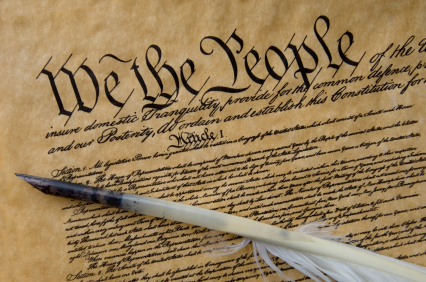According to a recent article by policestateusa.com, police officers in Durham, North Carolina routinely lie to gain access to homes in search of wanted suspects. The “tactic is apparently legal–and commonplace – according to an officer’s sworn statements”, writes a policestateusa.com staff journalist.
An officer from the Durham Police Department admitted recently, under oath, that he told a resident at a private home in Durham that he was investigating a 911 hang up call in order to gain access to the private home. In reality, the officer was there to serve an arrest warrant on an occupant of the home.
 How would this type of conduct by law enforcement hold up in Florida? Would this type of conduct be considered an unreasonable search or seizure under the U.S. Constitution or the Florida Constitution? Jacksonville criminal defense lawyers, along with defense attorneys throughout the state, are often faced with answering these types of questions in defense of their clients.
How would this type of conduct by law enforcement hold up in Florida? Would this type of conduct be considered an unreasonable search or seizure under the U.S. Constitution or the Florida Constitution? Jacksonville criminal defense lawyers, along with defense attorneys throughout the state, are often faced with answering these types of questions in defense of their clients.
Continue reading
 Jacksonville Criminal Defense Lawyer Blog
Jacksonville Criminal Defense Lawyer Blog





